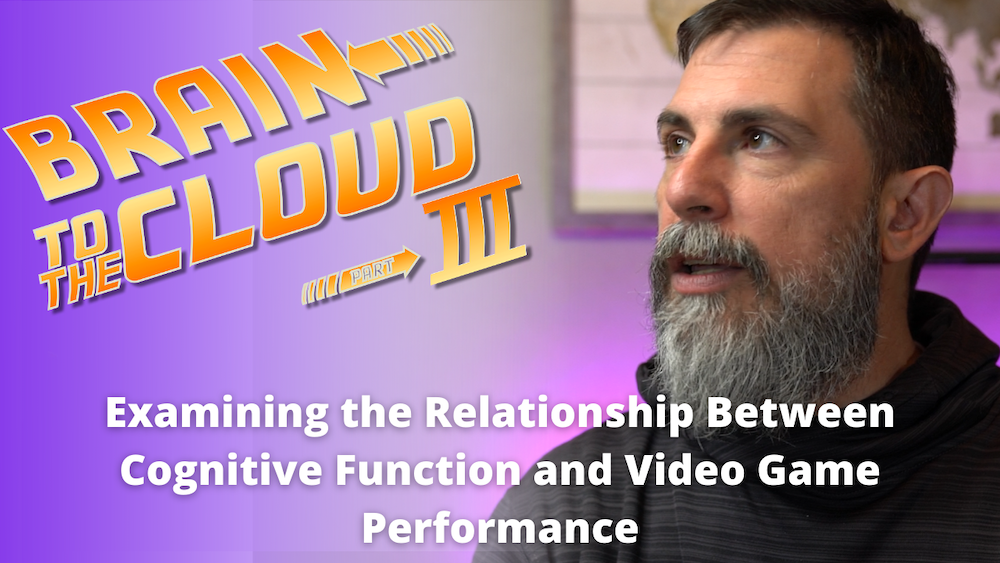Announcing Micronaut 2.1
Posted By: Todd Sharp on 10/2/2020 5:53 GMT
Tagged: Cloud, Java, Open Source

I’m happy to announce the release of Micronaut 2.1, which brings a handful of new features, bug fixes and upgrades to existing features. Let’s take a quick look at some of the highlights.
Core Features
There are several exciting core features that have been added to the framework.
Introspections for JDK 14 Records
It is now possible to define bean introspections on JDK 14+ record types (note these currently require the --enable–preview flag to the compiler and JVM).
Default Environment
Micronaut 2.1 introduces the concept of a default environment. One or more default environments can be set and they will apply if no other environments are explicitly specified. See the environments documentation for information on how to use this new feature.
@Order Annotation
The Order annotation has been added to support supplying bean order for factory methods or for those who prefer the use of annotations over Ordered interface.
Kotlin 1.4
Micronaut now ships with Kotlin 1.4 for those users using Kotlin.
Build Features
New Gradle Plugin
A new Gradle plugin is available that provides a more expressive way to define a Micronaut application and includes awesome new features for GraalVM Native Image and Docker. The minimum required build to build a Micronaut application is now:
Building a Native Image is then as simple as:
Building a Docker image using GraalVM Native Image can be done with:
To push a native image to a Docker registry
Stay tuned for a blog post that goes into more details about the Gradle Plugin coming very soon!
Web Features
Highlights include a new API for binding declarative HTTP client methods to an HTTP request, query parameter support for websockets, and cookie retrieval from HttpResponse.
Cloud Features
As usual, cloud support is a top priority of Micronaut, and this release brings some exciting integrations for Oracle Cloud as well as some enhancements for other cloud vendors.
Support for Oracle Cloud SDK
A new GraalVM Native Image compatible module for Oracle Cloud SDK has been added allowing you to use any part of the Oracle Cloud SDK with Native Image and also enhancing the SDK with RxJava 2 support. See this blog post for more information.
Support for Oracle Function
Support has been added for building Oracle Functions deployable to Oracle Cloud including the ability to compute the functions in native images using GraalVM. See this blog post for more information.
Launch Updated for Oracle Cloud SDK and Oracle Functions
These Oracle Cloud features are also now available in Micronaut Launch so you can easily bootstrap a new application that uses them.

Simply search for “Oracle” in the Features dialog:

Many modules and dependencies have received upgrades in 2.1. To read about these and all of the other features that were not mentioned here, or for more information about anything above, check out the release notes. As always, your feedback is encouraged and appreciated.
Image by Gerd Altmann from Pixabay
Related Posts

Querying Autonomous Database from an Oracle Function (The Quick, Easy & Completely Secure Way)
I've written many blog posts about connecting to an Autonomous DB instance in the past. Best practices evolve as tools, services, and frameworks become...

Sending Email With OCI Email Delivery From Micronaut
Email delivery is a critical function of most web applications in the world today. I've managed an email server in the past - and trust me - it's not fun...

Brain to the Cloud - Part III - Examining the Relationship Between Brain Activity and Video Game Performance
In my last post, we looked at the technical aspects of my Brain to the Cloud project including much of the code that was used to collect and analyze the...